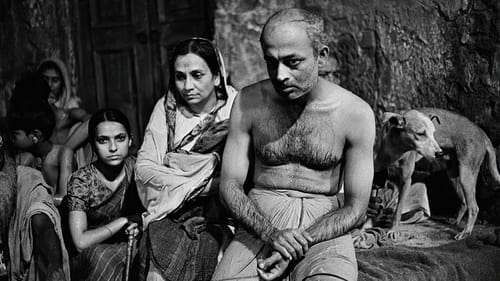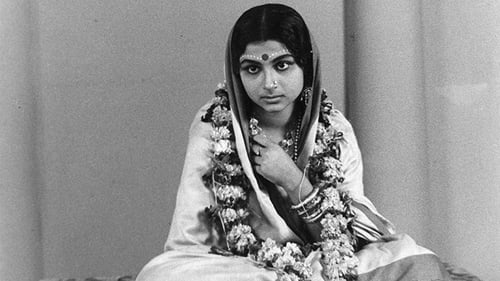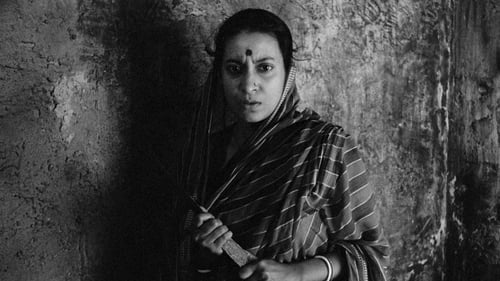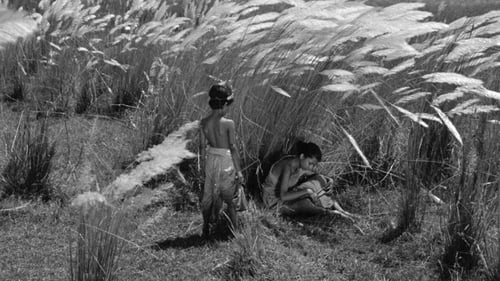Karuna Banerjee
出生 : 1919-01-01, Kolkata, India
死亡 : 2001-11-13

(Archive Footage)
Arko, a film student, invites Subir Banerjee, who played the legendary role of Apu, to attend an award ceremony in Germany. But the old man hesitates to accept the invitation.

The spirit of a condemned 20-year-old student wanders through time, linking together four stories of people struggling for survival in this gritty meditation on poverty, natural disaster and political strife in India. A middle-class family's home is no match for the monsoons, while another clan's morality is compromised when famine strikes. Young boys smuggle rice, and politicians pity the poor while living in the lap of luxury.

Ranjit is a young man who has been assured a lucrative job. All he has to do is turn up for the interview dressed in a western style suit, but all the city laundries are on strike that morning, and his only suit is dirty.

Self
In 1967, Canadian documentarian James Beveridge traveled to Kolkata to film director Satyajit Ray at work. The resulting program, produced for the American public television series “The Creative Person,” features interviews with Ray, several of his actors and crew members, and film critic Chidananda Das Gupta.

Labanya Roy Chaudhuri
Played out in real time, several complex family dramas intersect in the landscape of the Himalayan foothills, allowing the Bengali auteur to examine the class and generational differences of postcolonial India while celebrating the hopes of a society in transition.

Harasundari
The life of a woman happily married to the son of an upper-class family in 19th century Bengal is turned upside down when her father-in-law has a vision that she is the Goddess Kali returned to earth. He convinces her to fulfill her role as a living deity and transform her house into a temple.

Labanya
The school of a remote and poor village shut down, the head master Krishna Prasanna (Chhabi) migrates to city in search of job. He moves with family, wife Labanya (Karuna), nubile daughter (Ranjana) and very young son. He takes residence with his wife's brother. He meets per chance one of his ex students, of whom he used to take free evening classes and many of whom got merit scholarship and became cream of society, a doctor, a judge, successful lawyer, manager of a big bank and so on. Can he cross the barrier and meet them? All have big bungalows and office with watchmen to stop. If he managed to meet them, will they recall his contribution and help their benefactor? If they do, what change he has to bring in himself? Can he?

Sarbojaya Ray
Aparajito picks up where the first film leaves off, with Apu and his family having moved away from the country to live in the bustling holy city of Varanasi (then known as Benares). As Apu progresses from wide-eyed child to intellectually curious teenager, eventually studying in Kolkata, we witness his academic and moral education, as well as the growing complexity of his relationship with his mother. This tenderly expressive, often heart-wrenching film, which won three top prizes at the Venice Film Festival, including the Golden Lion, not only extends but also spiritually deepens the tale of Apu.

Sarbojaya Ray
Impoverished priest Harihar Ray, dreaming of a better life for himself and his family, leaves his rural Bengal village in search of work.







